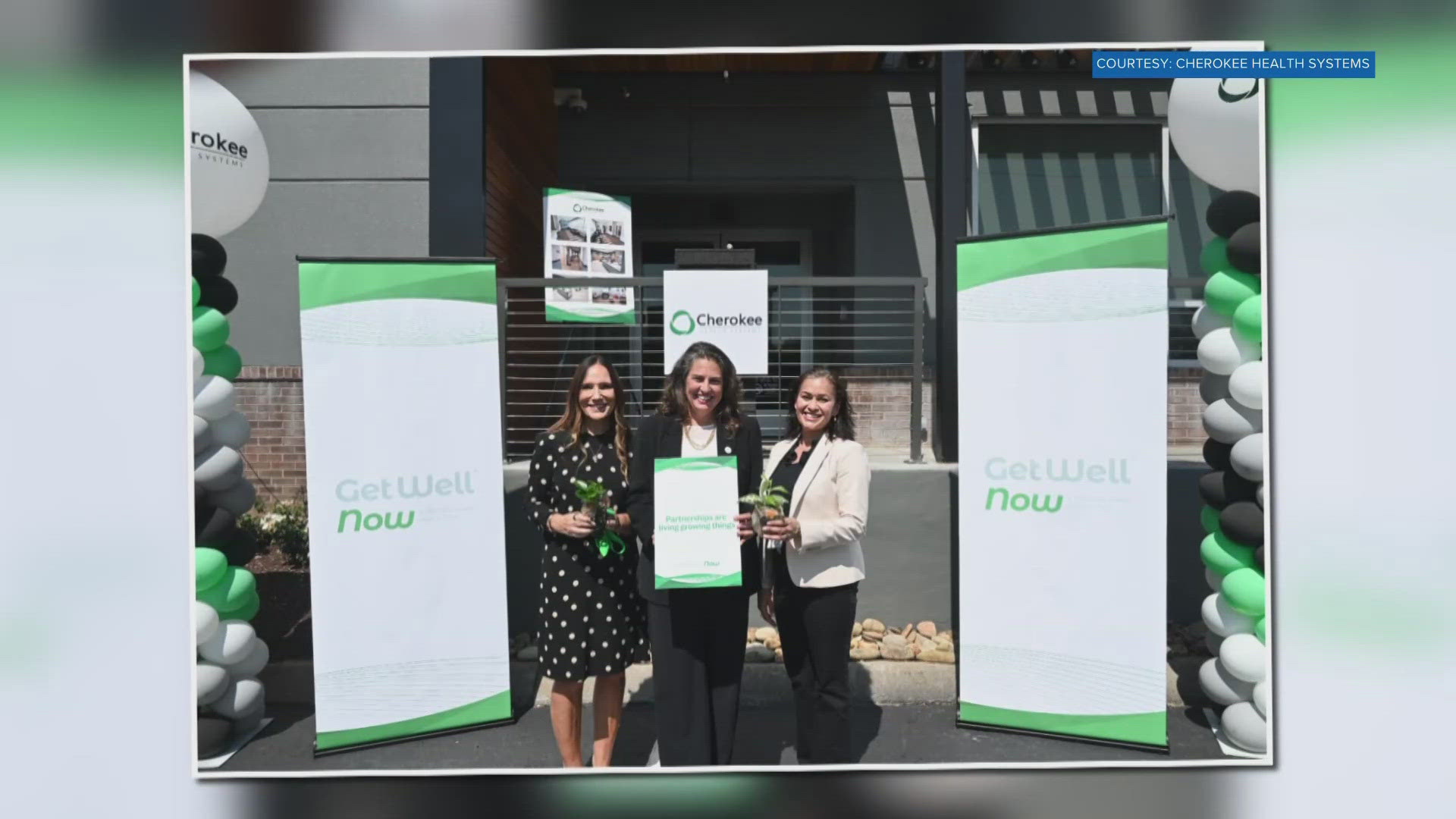KNOXVILLE, Tenn. — The Knox County Mental Health Court Advisory Board is meeting for the first time this week to begin creating a timeline to establish a court for adult defendants with serious and persistent mental illness, a press release from Knox County Mayor Glenn Jacobs said.
The board will meet Thursday at the City/County Building at 3 p.m. The board members are Criminal Court Clerk Mike Hammond, Attorney General Charme Allen, Criminal Court Judge Steven Sword, Criminal Sessions Judge Chuck Cerny, Public Defender Eric Lutton and local attorney Jonathan Cooper.
The press release said the court is meant to provide treatment as an alternative to incarceration and strengthen the justice system's ability to identify, assess and monitor defendants with mental illness.
The court will also improve public safety by ensuring that participants receive high-quality, community-based services, according to the press release.
Similar courts were established across the U.S. beginning in the 1990s. There are only about 300 of them throughout the country, with seven in Tennessee. Knox County would become the eighth.
“Mental health is a strong contributor to the cycle of incarceration in Knox County, and across the country,” Jacobs said. “I’m glad we are working to become one of the state’s early adopters of helping and/or treating the individual rather than perpetuating that cycle, which is expensive, ineffective, and doesn’t address the underlying problem.”
The court's goals are to improve the quality of life for mentally ill defendants, reduce incarceration and recidivism, reduce correction costs, improve public health and safety and increase treatment accountability and success, the press release said.
“Mental illness, like physical illnesses, can affect anyone regardless of education, income, or zip code,” Hammond said. “If someone comes to court with a broken arm, we do what we can to get them bandaged up. The same should be true if they’re in need of treatment for a mental health issue. Research shows that showing this kind of care and compassion is more likely to keep people out of the justice system.”
After this meeting, the board plans to meet again Thursday, Nov. 16.



